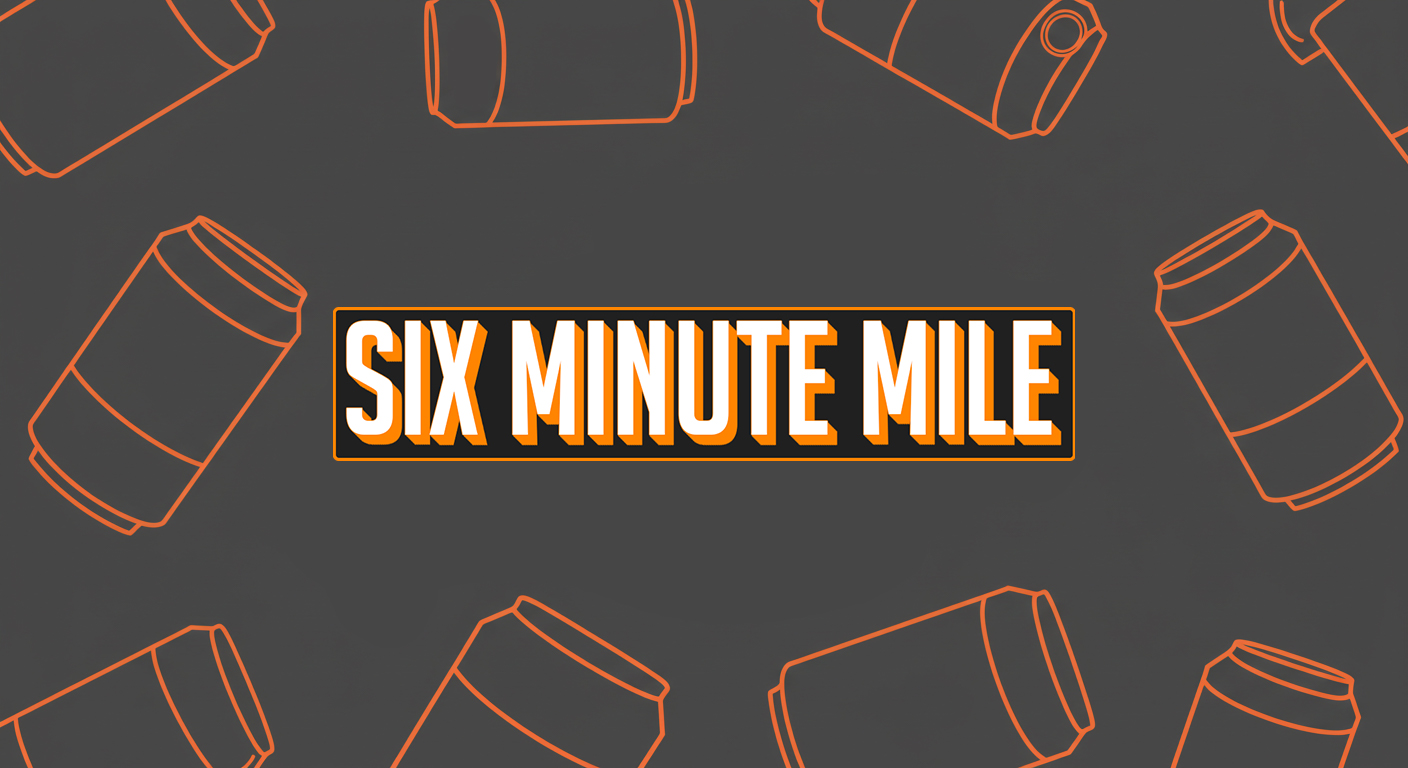
These days, “gut feeling” has gone from simple intuition to a multi-billion dollar industry. But can sipping on a trendy prebiotic soda really improve your gut health, perhaps even contributing to the kind of longevity seen in the world’s oldest people? Let’s find out what might actually move the needle for your microbiome.
If you’re looking for longevity inspiration, look no further than Maria Branyas Morera. As detailed in the LiveScience story, “Biological secrets of world’s oldest woman, Maria Branyas Morera, revealed after death,” she lived an incredible 117 years before passing away in August of 2024. Scientists studying her biology found a key factor might have been her gut microbiome, which appeared exceptionally good at resisting inflammation. While good genes likely played a role, another contributing factor was suggested: her regular consumption of yogurt. This connection highlights the long-understood link between fermented foods and gut health. According to a study titled “Fermented Foods, Health and the Gut Microbiome,” yogurt consumption is associated with a lower risk of cardiovascular disease, type 2 diabetes, and mortality. Beyond that, fermented food consumption could help with everything from obesity, muscle soreness, and mood.
While yogurt’s probiotic power is practically ancient history in wellness terms, a much newer trend is bubbling up: prebiotic sodas. These functional beverages are having a major moment, underscored by recent industry moves. As NBC News reported, “PepsiCo buys prebiotic soda brand Poppi for nearly $2 billion,” signaling just how mainstream this niche has become. It’s no wonder some are asking, as a recent New York Times piece did, “Why Are We Living in the Golden Age of ‘Gut Soda?”. These drinks often position themselves as healthier alternatives to traditional sodas, boasting less sugar and added fiber.
Are trendy “gut sodas” the real deal? As the NYT piece suggests, they can be a positive swap for people looking to ditch high-sugar beverages. Less sugar and a bit more fiber could certainly be better for managing blood glucose levels compared to a standard soda.
However, skepticism remains. According to BSWHealth’s article “The rise of prebiotic drinks: Are they actually good for you?”, some critics question whether these sodas contain sufficient prebiotic fiber (food for beneficial bacteria) or viable probiotics (live beneficial bacteria, though less common in these types of sodas) to significantly impact gut health. The piece suggests that for potentially more reliable benefits, focusing on traditionally fermented foods and drinks packed with probiotics might be a better bet – think kefir, kimchi, sauerkraut, and Maria Branyas Morera’s favorite, yogurt.
What’s the takeaway for active folks trying to optimize their health? Prebiotic sodas could be a step up from sugary drinks, offering less sugar and a dose of fiber. They might fit into a healthier lifestyle as an alternative beverage choice. However, banking on them as a primary tool for overhauling your gut microbiome might be too optimistic. The science supporting the benefits of established probiotic sources like yogurt and other fermented foods is far more robust.
Ultimately, fostering good gut health likely involves a broader approach: consuming plenty of diverse fiber sources (fruits, vegetables, whole grains, legumes) and potentially incorporating those tried-and-true fermented foods. The trendy soda might be a fun addition, but it probably shouldn’t replace the fundamentals.
#GutInstincts